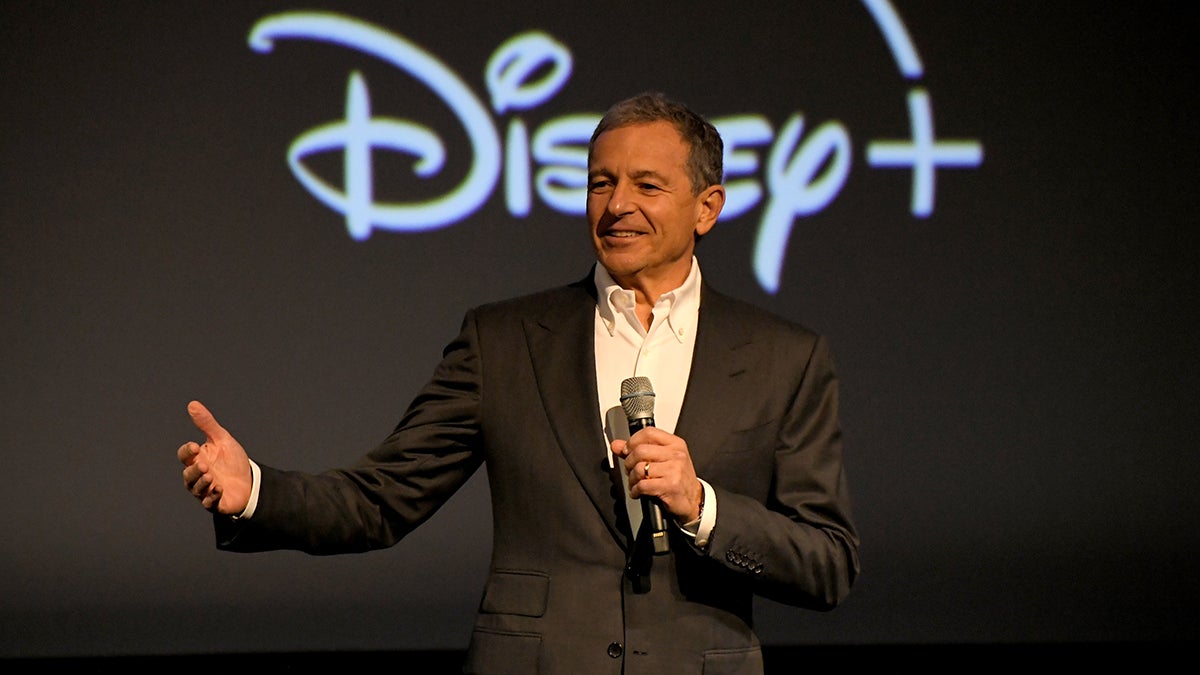Producers Open Up on Tech’s Takeover of Hollywood – and Its ‘Dictatorial’ Approach to Budgets
Scott Free's David W. Zucker lamented that the relationship between producers and studio execs has become "grossly imbalanced" The post Producers Open Up on Tech’s Takeover of Hollywood – and Its ‘Dictatorial’ Approach to Budgets appeared first on TheWrap.
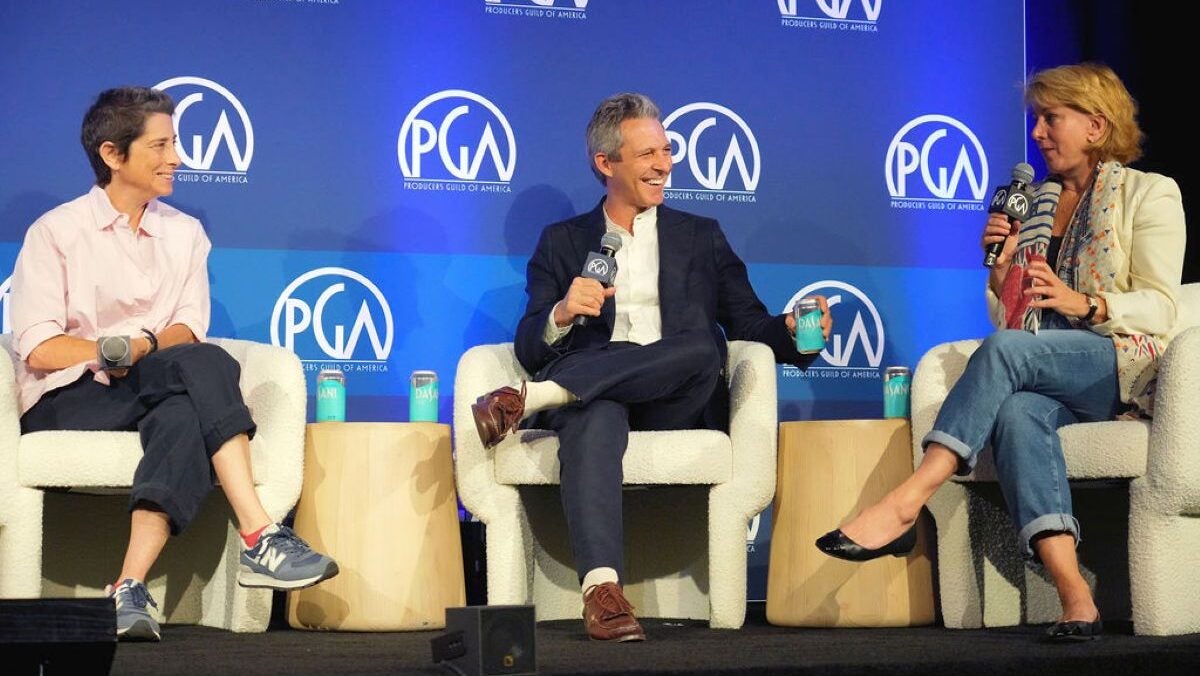
The 2025 Produced By Conference was held on the Universal backlot on Saturday under a cloud of uncertainty for the future of film and TV production amid a Hollywood landscape filled with mergers, leadership carousels, and the increasing takeover of Silicon Valley.
That combination has turned the process of producing into one where the relationship between producers and studio executives has become “grossly imbalanced” and “dictatorial,” as David W. Zucker, chief creative officer for Ridley Scott’s production company Scott Free described it.
“There isn’t a week that goes by where it isn’t like, ‘You have to figure this out, but you can’t do it this way. You can’t do it that way. You have to live within our rules,'” Zucker told TheWrap’s Editor-in-Chief Sharon Waxman as he recounted a story in which, while developing a pilot, a studio held strict control over all decisions on the budget, including refusing to include money for meal penalties to allow for more shoot time.
It’s a mindset that he believes comes from executives whose experience comes from other parts of the entertainment business or another business entirely rather than working with producers or creative talent.
“I think, when we look at the relationship between producers and studios, I think the fundamental schism is because they, the studio streamers, have arrested total control of the [production] process,” he said. “We have incredible line producers that we work with, department heads who excel at what they do, and they are all being dictated to now.”
Zucker was joined on the Produced By panel by “The Last of Us” executive producer Carolyn Strauss, “Justified: City Primeval” EP Sarah Timberman, Imagine Entertainment president Justin Wilkes, and Samantha Quan, producer of the Best Picture Oscar-winning “Anora.”
Wilkes agreed with Zucker that Hollywood has seen a “misalignment” in the metrics of success for the industry, and that the bar of success for studios like Amazon and Apple have become more opaque because their entertainment divisions are miniscule sections of a larger, tech-driven portfolio.
“Unless there’s a realignment of these economic interests, we’re going to continue to be in the situation where either we’re getting squeezed or the work that we do isn’t really fully appreciated,” he said.
But it’s not all bad. Both Wilkes and Zucker noted some trends in entertainment that give them hope, including how audiences tastes have globally expanded as evidenced by shows like “Squid Game” and the increasing interest in independent and overseas productions as evidenced by the Cannes Film Festival’s increasing influence on the Oscars.
Quan, alongside her husband and filmmaking partner Sean Baker, has become one of the biggest success stories in independent film producing with “Anora,” the latest film to reach fame through that Cannes-to-Hollywood pipeline. But she recounted that the Best Picture and Palme D’Or-winning film was the first film in which Baker told her that he was able to make exactly the kind of film that he wanted.
The pair’s prior films, particularly their 2015 breakout film “Tangerine,” required Quan and Baker to make extensive changes to their plans based on the budget and resources they had, with Quan noting that tracking shots in “Tangerine” were shot with “Sean on his bike and an iPhone on a broomstick.”
“When we made ‘Red Rocket,’ our dolly for that was a camera on the back of a of a car that was a hatchback, and we would move it back and forth,” she recounted.
It’s those years of improvisation that Quan imparted to a newcomer filmmaker who wanted to make a feature debut film about a Filipino family roadtrip and was hoping to find the funding for a $5 million budget. She told the filmmaker frankly that getting that much money for a feature debut was almost assuredly not going to happen, and that they should think about how they could make the film on just $500,000 or less.
“You’ve got to try and figure out a way to do it, but not like if you were making it for Netflix,” she said. “See how much money you can get and then figure out a way to make your movie.”
Timberman also noted that there have been more movies that have been adapted from lesser-known novels or even journalism articles, such as Richard Linklater’s “Hit Man,” which was inspired by a 2001 Texas Monthly article about a cop who worked undercover as a contract killer. She sees the films and shows that come from those adaptations as part of a “democratization” of producing and encouraged producers to not just look for the next Colleen Hoover-esque breakout.
“At my company, we’ve made a lot of things based on intellectual property, and it’s not always the thing that a book scout found, and you would never get your hands on it, because it’s gone long before its publication,” she said. “In my experience, it’s the book I picked up on set because everything was going smoothly.”
It is those moments of discovery and collaboration with the writers and filmmakers that keep Timberman going through the stresses of being a producer, and she encouraged her peers at the Produced By Conference to savor them.
“There was another executive who was a more cynical person than I think that I am, who said, ‘Tou know, maybe these are your actual friends in this business, but they’re not. It’s business, and you’ve got keep this thing separate. I’ve never been able to keep it separate. Some of the people I’m really closest to in the world have come from the things we’ve made together,” she said.
The post Producers Open Up on Tech’s Takeover of Hollywood – and Its ‘Dictatorial’ Approach to Budgets appeared first on TheWrap.





![Anniversary Update for ‘Killer Klowns From Outer Space: The Game’ Now Live [Trailer]](https://bloody-disgusting.com/wp-content/uploads/2025/06/killerklowns.jpg)



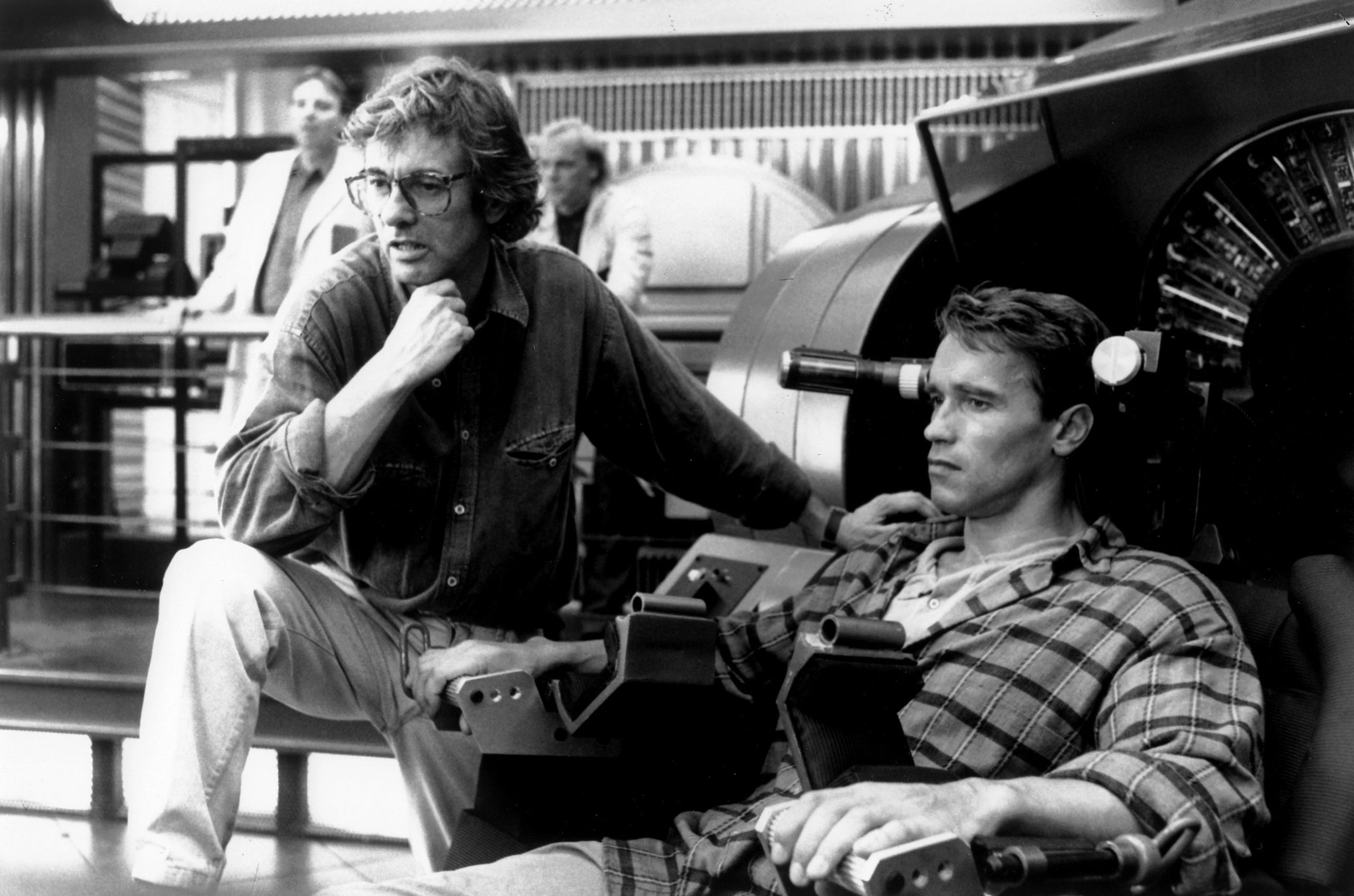



















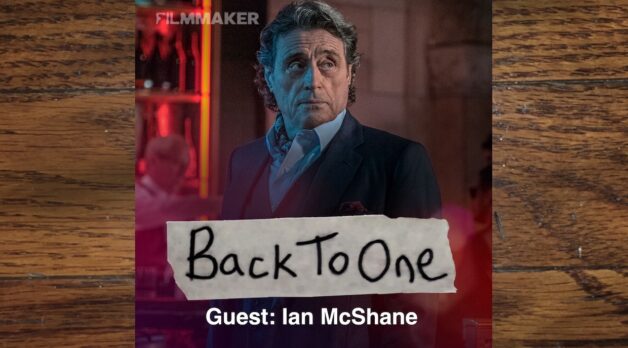













![THE ACOLYTE Creator's "Guiding Principle" For The STAR WARS Show Was "What Would George [Lucas] do?"](https://images.squarespace-cdn.com/content/v1/51b3dc8ee4b051b96ceb10de/1748965734725-I633PMPG0VWFSH0R2PYV/THE ACOLYTE Creator's %22Guiding Principle%22 For The STAR WARS Show Was %22What Would George [Lucas] do?%22.jpg?format=1500w#)










![Revenge Is Bitter [BUFFALO ’66]](https://jonathanrosenbaum.net/wp-content/uploads/2011/08/buffalo64.jpg)

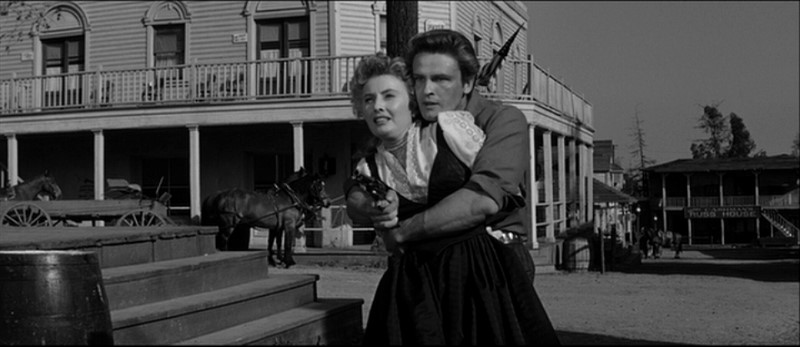
![Micromorality [CASUALTIES OF WAR]](https://jonathanrosenbaum.net/wp-content/uploads/2011/04/casualties-of-war-sunset1.jpg)





























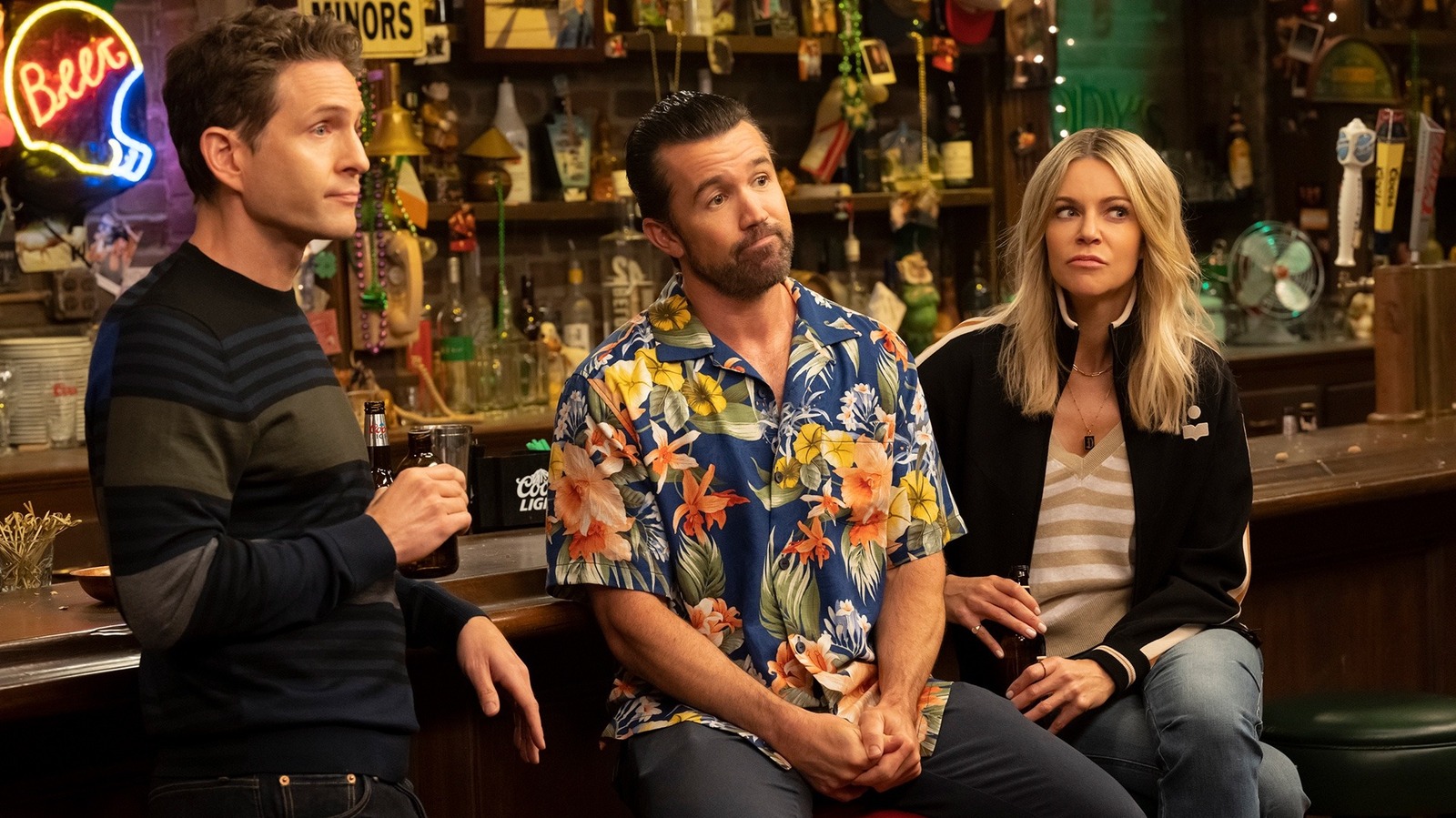



















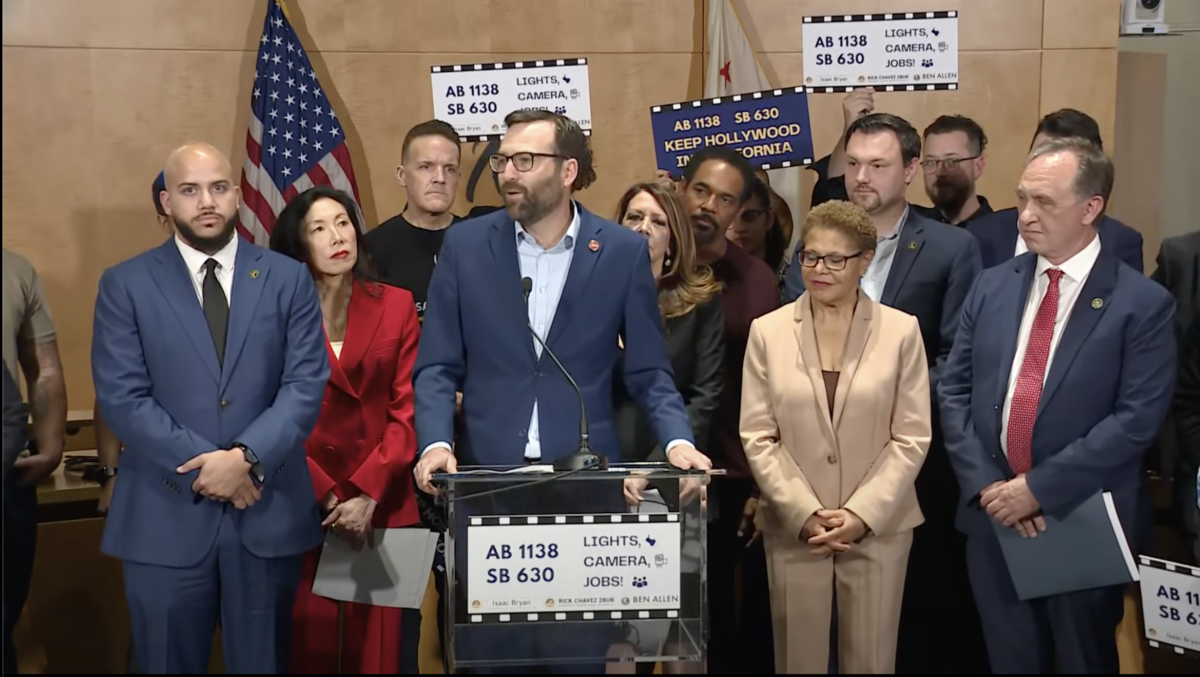























![British Airways Reveals: New Business Class Club Suite “1.2” Is Coming [Roundup]](https://boardingarea.com/wp-content/uploads/2025/06/c9881d65b927b2162bf7e59fd23eb6ed-scaled.jpg?#)














































































![Delta’s Confidential Plans Leak: New ‘Delta One’ Business Class Lounges Set For Four Major Hubs, Including Atlanta Opening Date [Roundup]](https://viewfromthewing.com/wp-content/uploads/2025/06/delta-one-jfk-lounge.jpeg?#)


















































































































































































































































































